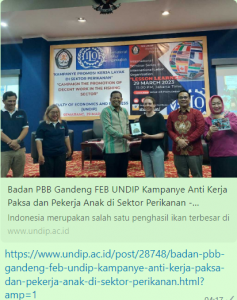Training Workshop: Teaching Labour in Coastal Universities 2024
Joint Collaboration ILO, Trade Union Network and Universitas Diponegoro in Addressing Decent Work, Labour Rights, and Forced Labour in the Fishing Sector for Tripartite Stakeholders in Central Java
Semarang, 29 February and 1 March 2024
-
Increase the understanding of business students on the importance of unionism and the labour rights issues in the fishing sector.
-
Create new innovative ideas to protect fishers both locals and migrants.
-
Increase compliance on the recruitment and placement governance of prospective migrant fishers including


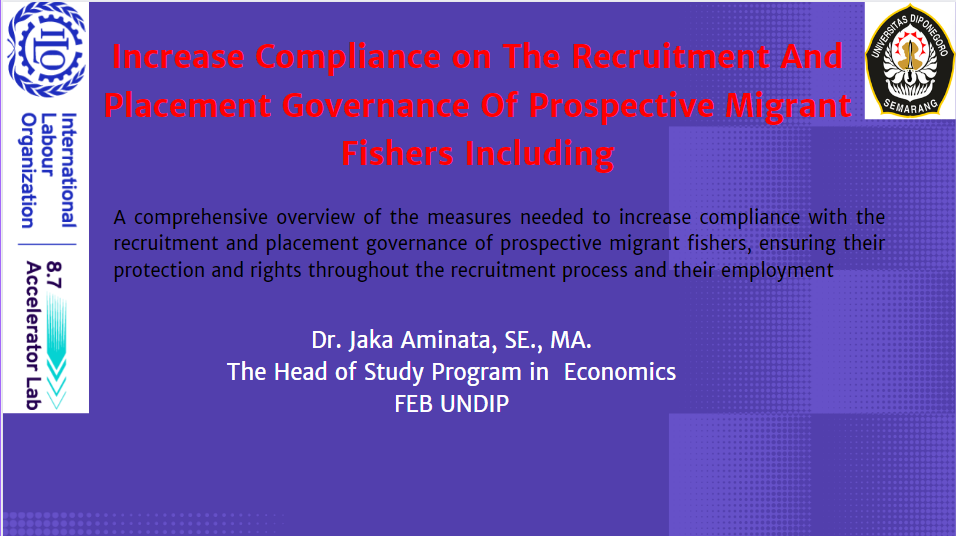
The Power of Decent Work: How Human Rights in Business Can Change Lives
Unlocking the transformative power of decent work: Learn how prioritizing human rights in business can truly change lives forever.

Contents
Do you want to create a positive impact in your organization and the world at large? Implementing decent work practices and respecting human rights in business can be a powerful way to do just that. By prioritizing fair wages, safe working conditions, and job security, you not only improve the lives of your employees but also enhance your company’s reputation and sustainability. In this blog post, we’ll guide you through the steps of implementing decent work practices and business human rights in your organization.
Understanding the Importance
Decent work is not just a buzzword – it’s a fundamental principle that can transform workplaces and societies. By ensuring that employees are treated fairly, paid adequately, and provided with safe working conditions, you create a positive environment that fosters productivity and happiness. Similarly, respecting human rights in business operations is essential to uphold the dignity and well-being of all individuals involved in your organization’s activities.
Assessing Your Current Situation
Before you can make any changes, it’s crucial to assess your organization’s current practices regarding decent work and human rights. Take a close look at your policies, procedures, and the overall culture of your workplace. Are there any gaps or areas for improvement? Identifying these areas will help you develop a targeted plan for implementation.
Developing a Plan for Implementation
Setting clear goals and objectives is key to successfully implementing decent work practices and business human rights in your organization. Determine what specific actions need to be taken and assign responsibilities to individuals or teams. Creating a timeline for these changes will help keep everyone on track and accountable.
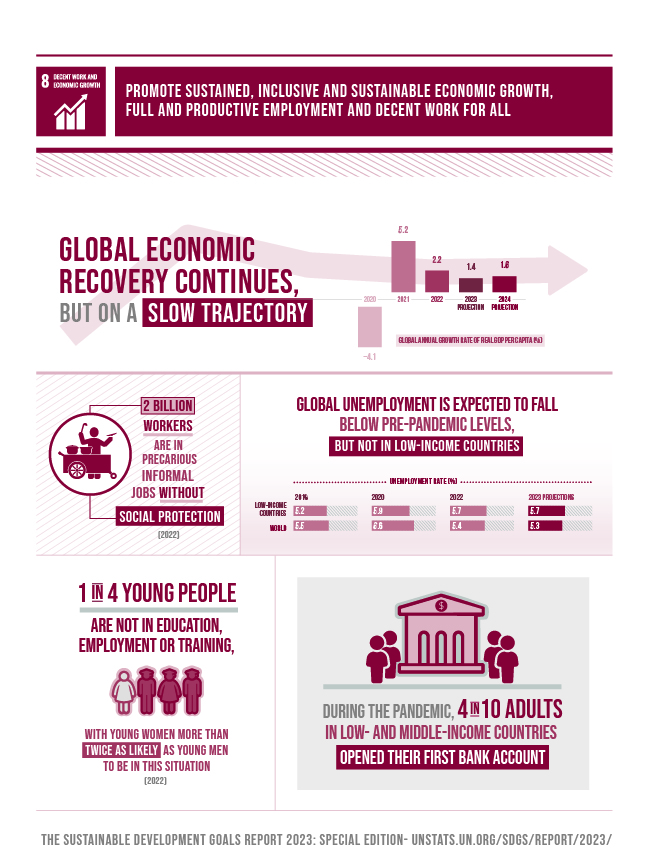
Engaging Your Stakeholders
Communication is key when it comes to implementing change. Make sure to educate and involve all stakeholders, including employees, suppliers, and customers, in the process of adopting decent work practices and human rights in your business operations. Seek their input and feedback to ensure that your approach is inclusive and well-received.
Implementing Changes
Training is essential when it comes to introducing new practices and policies. Make sure that all employees and managers understand the importance of decent work and human rights in the workplace. Update your existing policies and procedures to reflect these principles, such as ensuring fair pay and providing a safe working environment for all.
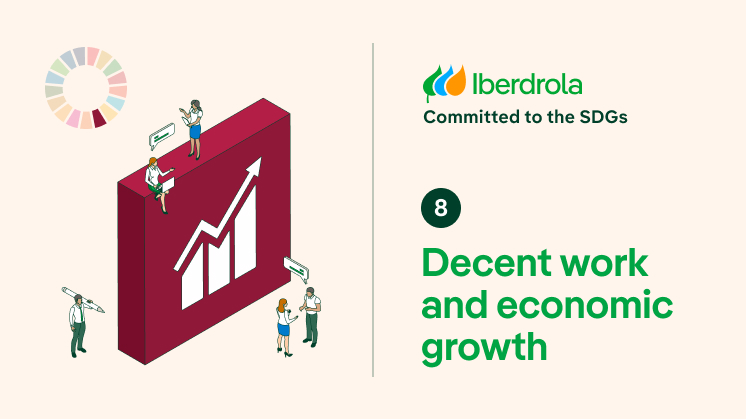
Monitoring and Evaluation
Establishing key performance indicators and conducting regular audits will help you track the progress of your implementation efforts. Monitor compliance with the new practices and identify any areas that require further improvement. Evaluating your progress will allow you to make adjustments and ensure that your organization continues to uphold decent work and human rights.
Celebrating Successes and Continuously Improving
Recognize and celebrate the achievements made in implementing decent work and human rights practices in your organization. By acknowledging the positive impact of these changes, you inspire and motivate others to follow suit. Always seek feedback from stakeholders and employees on how to further enhance your practices and make continuous improvements.

In Conclusion
Implementing decent work practices and respecting human rights in business operations is not only the right thing to do – it’s also a powerful way to create a positive impact in the world. By prioritizing fair treatment, safety, and job security for all employees, you can build a more ethical and sustainable organization. Take action today and join the movement towards a better future for everyone.
The Modul linked with the University of Geneve and GBSN New York USA:

Thank you
Thank you
Thank you
Badan PBB Gandeng FEB UNDIP Kampanye Anti Kerja Paksa dan Pekerja Anak di Sektor Perikanan
Campaign at Glance
Agenda:
“Campaign The Promotion of Decent Work in the Fishing Sector”
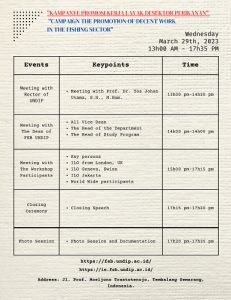

2022, Winter, Nagano, Japan.



